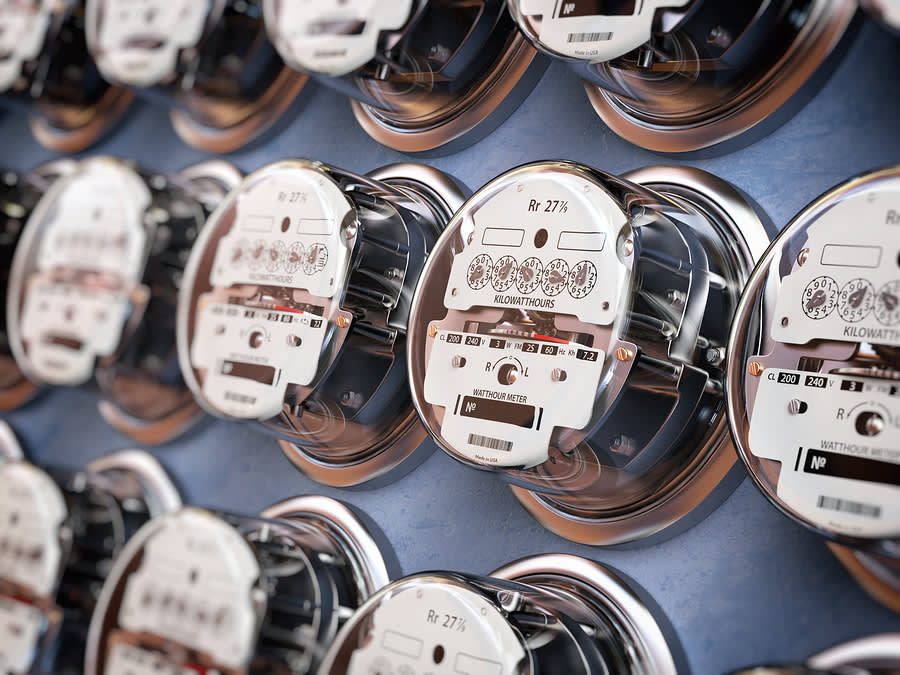10 million and counting - so how do smart meters work?
7th June 2018
The UK’s smart meter roll-out is well underway. According to statistics published by the government’s Department for Business, Energy & Industrial Strategy, by the end of March 2018 there were more than ten million smart meters installed across the UK, in both domestic and non-domestic sites.
But why are smart meters being rolled out, how do they work, and what does it mean for you?

Why are smart meters being rolled out across the UK?
The smart meter roll-out is part of the UK’s plan to modernise the energy network which will improve energy efficiency, help us understand our energy consumption better and reduce the UK’s carbon footprint.
The main benefit of the smart meter roll-out?
No more estimated bills, and furthermore, better awareness of energy being consumed. In fact, the vast majority of people surveyed with smart meters say they're better aware of their energy consumption and have taken steps to become more sustainable.
Higher awareness of energy consumption, and the UK’s shift to a smart grid, will also enable better integration of renewable technologies – meaning a cleaner energy network for everyone.
How do smart meters work?
Firstly, a smart meter need to be installed (all eligible Opus Energy customers can get a smart meter free of charge, if they would like one). Contact your supplier to arrange an installation appointment, and you'll be up and running in no time.
Smart meters work in a similar way to traditional energy meters, registering the amount of energy you use. But, the key difference is that smart meters are capable of communication. They communicate in two ways: between nearby devices, and with your energy supplier.
Your smart meters can communicate wirelessly with other devices in your property
A communications hub and any smart appliances you own. This communication will be via a Home Area Network (HAN), and for domestic customers, this will also include a smart display.
Your smart meters will then communicate your energy consumption to your energy supplier
Via the Wide Area Network (WAN). All the data communicated across these networks is encrypted. The infrastructure for the HAN and WAN is being deployed by the Data Communications Company.

And how much information is communicated?
Smart meters measure your energy consumption and communicate it directly with your supplier, eliminating the need for you to take readings. They are also capable of communicating other important information about meter functionality.
Smart meters record your consumption every 30 minutes, but it is entirely up to you when you share that information with your supplier.
This could be as frequent as every 30 minutes, or once a month.
Only the necessary information is sent and is put under protection of a special standard of encryption to ensure the data sent from your meter to your supplier is safe.
Once your readings have been sent to your supplier, you will receive an accurate, up-to-date bill without the inconvenience of contacting your supplier to provide them with readings.
If you’re an Opus Energy customer and you’re interested in getting a smart meter fitted in your business, let us know here and we’ll take care of it.
Related articles

The benefits of using smart meters – A quick guide
There is a lot of information about smart meters floating around on the internet, so we’ve done the hard work for you. We’ve distilled...

The happiest energy customers have smart meters
Smart meters are making smart people happy, and those who don’t have smart meters are less confident. That’s what the latest market research says...

Latest research says smart meters are on the up
A new report on public awareness of smart meters has been published, showing that 97% of the British public are now aware of smart...

6 Things you didn’t know about smart meters
Smart meters are the latest thing in energy efficiency and can help your business save money each and every year. Here we look at...